Resource Guide
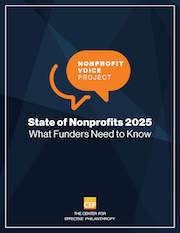
This report analyzes survey responses from 585 nonprofit leaders, highlighting staffing difficulties, widespread burnout, and deep concern about future funding uncertainty and increasing costs.
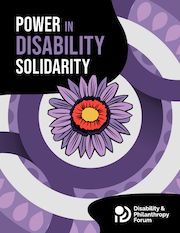
Five stories showcase disability solidarity in efforts from Black liberation, participatory grantmaking, art funding, community foundations, and much more.
A corporate member queried the corporate listserve which technology tools they use for their corporate giving system/platform. CNJG compiled the responses and combined it with previous responses from other technology systems queries to create this list of “Who Uses What Technology Systems.”
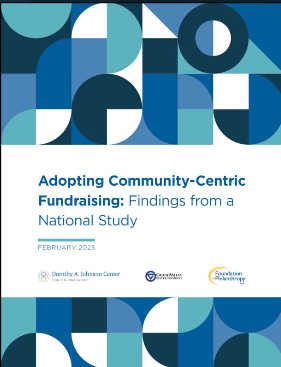
This national study examines the adoption of Community-Centric Fundraising (CCF) practices across U.S. nonprofit organizations.
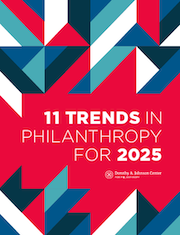
Dorothy A. Johnson Center for Philanthropy ninth annual report on trends in the sector aims to help fundraisers, grantmakers, donors, consultants, and more anticipate and prepare for what's next in our field.
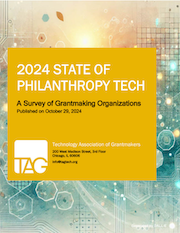
The Technology Association of Grantmakers (TAG) 2024 State of Philanthropy Tech report provides essential data that will shape the future of technology in philanthropy.
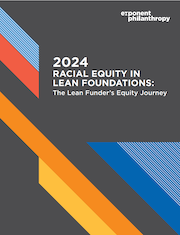
The 4th edition of Racial Equity in Lean Foundations, delves into how foundations with few or no staff are incorporating racial equity into their work to drive better decisions, achieve more equitable outcomes, and amplify their philanthropic impact.
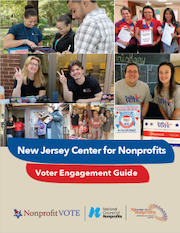
New Jersey Center for Nonprofits in partnership with Nonprofit VOTE and the National Council of Nonprofits has developed a nonpartisan Voter Engagement Guide that outlines allowed nonpartisan activities and demonstrates how charitable nonprofits can participate in elections, strengthen their netw
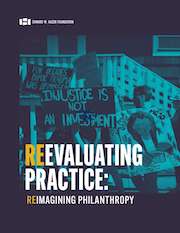
This document promotes more effective funder partnerships for social justice. The report highlights lessons from grantee collaboration and aims to inspire philanthropy rooted in equity and justice.
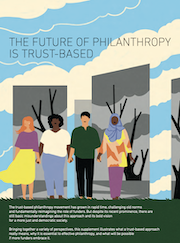
The trust-based philanthropy movement has been gaining momentum recently, but there are still some misconceptions about this approach and its ambitious goal of creating a fairer and more democratic society.
